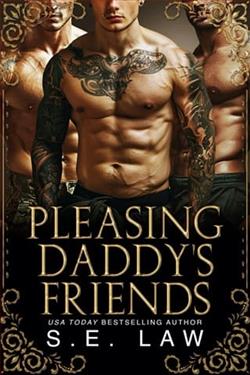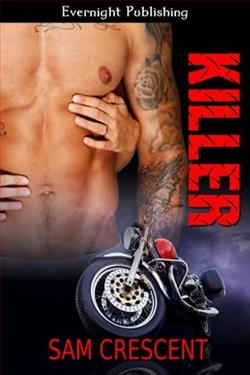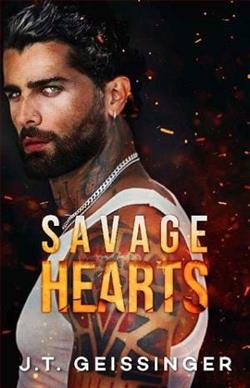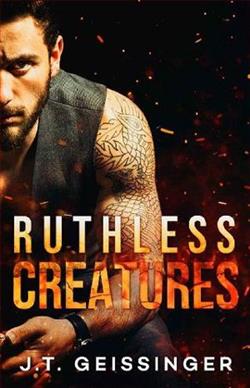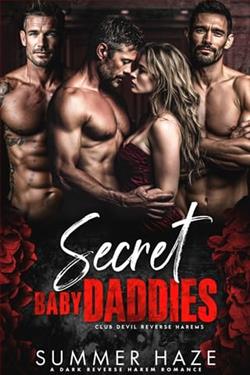Page 124 of Darkness Bound (Night Prowler 5)
Why hadn’t she asked Morgan who it was who’d brought her to the rainforest colony? Who she’d spent more than a week traveling with? How the whole thing had begun?
Funny, isn’t it, the strange ways love stories can begin?
Why hadn’t she thought to ask Hawk why she was staying in his home while she was there?
Did he have anything to do with your disappearance?
“Jack?”
She looked up to find Nola staring at her in obvious concern. “Your face is as white as a sheet. What’s going on?”
I don’t know what’s real anymore, she wanted to say. I think I don’t know anything at all.
But instead she said, “Just . . . just nervous. I’ll be fine. This is all . . . it’s all just a little overwhelming.” She stood, gripping the edge of the table for support, and offered Nola a shaky smile, which didn’t appear to convince her.
She crossed her arms over her chest, lowered her head, and said in her most lawyerly, intimidating way, “Jack. What’s. Going. On?”
Jack said, “Nola . . . have you ever been in love?”
“That’s it,” she said flatly. “We’re cancelling this press conference.” She pulled a cell phone from her jacket pocket.
“No, wait, no!”
Nola cocked a brow at her, waiting.
Jack began to pace back and forth over the kitchen floor, wringing her hands, knowing she had to give Nola something good—something convincing—or else she absolutely would cancel the press conference, which Jack didn’t want to happen. She wanted to get this over with, as soon as possible, and move on with her so-called life.
“It’s just driving me crazy, this . . . not knowing. And it’s not only my father, my mother, my childhood, it’s . . .” she swung around and stared at her friend, her anguish like a gnawing thing inside her. “It’s that I think I might have forgotten the most important thing I ever knew.”
“Which is?”
Jack’s face crumpled. She said, “Love.”
For a long, silent moment, Nola studied her face. Then she looked at her watch. She crossed to the cabinets, took out two glasses, crossed to the other counter, and filled the glasses with a shot from the bottle of Patrón that Jack’s neighbor, Mr. Flores, had given Jack when she came home. Nola, handed Jack a glass, and raised her own in a toast.
“The advantage of a bad memory is that one enjoys several times the same good things for the first time.”
“That’s a good toast,” Jack said, her voice weak.
“Nietzsche. Drink up.”
Jack did. When she finished, Nola set the glasses on the counter. She turned back to Jack and said, “I don’t know what happened to you, and maybe you don’t either. And even though I’ve spent my life in pursuit of logical things, rational things, things that are concrete, and can be measured, I know deep down that nothing worth knowing can be grasped with the rational mind.” She touched Jack’s chest. “Everything you need to know is in here. Just trust that, no matter what happens.”
She stared at her friend, her eyes welling with tears. “Damn. You’re smart.”
“Of course I’m smart. I’m an attorney. We’re the smartest people in the world. Just ask us.” She gave Jack a swift, hard hug, then released her.
“All right, kiddo, let’s get this show on the road.”
Jack exhaled, nodding. Then she grabbed her handbag from the counter, and, with one final deep breath, followed Nola out the door.
Jack knew the press conference would be bad. She was expecting bad.
What she wasn’t expecting was a riot.
The New York Times Building was a massive skyscraper in the heart of midtown, built only a few years prior, a masterpiece of contemporary design with 1.6 million square feet of retail and office space. It also sported a 400-seat auditorium that was annexed to the lobby, complete with a stunning view of a glassed-in aspen grove and moss garden, open to the sky.
It was in front of the lovely garden view, on a riser in the auditorium, that Jack was scheduled t








